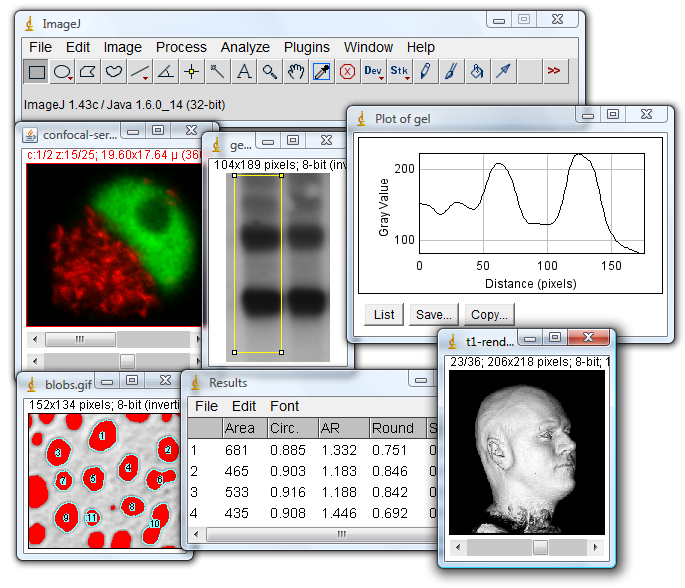-
HTC computing enables knee research
High-throughput computing plays pivotal role in knee biomechanics research
-
Island Facilitation
Foster’s rule (also known as the island rule or the island effect) is an ecogeographical rule in evolutionary biology stating that members of a species get smaller or bigger depending on the resources available in the environment. Source: https://en.wikipedia.org/wiki/Foster’s_rule Cyberinfrastructure at the University of Hawaii is relatively new and small compared to the other organizations…
